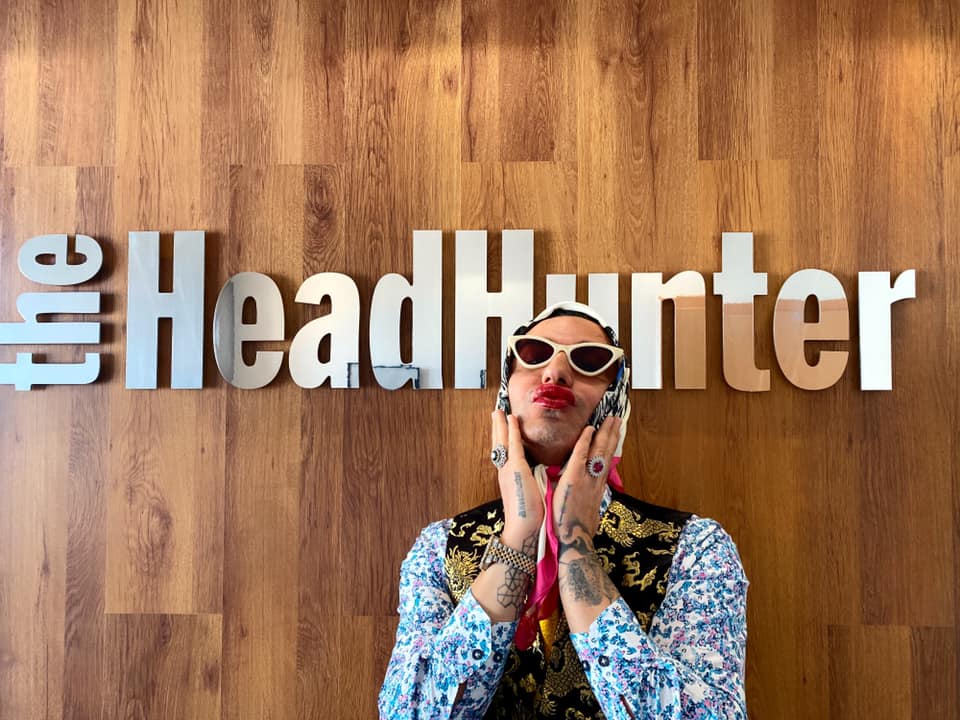Diversity drives innovation. And diversity across generations can be as powerful as diversity of background. But mediating between different perspectives is a challenge—one which has the potential to reward or divide us.
There’s no way around it, the era in which we’re born influences our outlook on work and life, and ultimately our behaviors. Specifically, politics, economics, technology, societal norms, and cultural references all impact how we interact, communicate and operate. Companies aren’t immune to the broader shifts and strains society goes through. In fact, they reflect them. Today, there are five distinct generations of people in the workforce, which presents HR professionals with unique challenges.
Each of these generations are expected to seamlessly work together, despite having vastly different styles, levels of formality, and communication styles. They come from The Traditionalist Generation, born between World War One and World War Two, known to respect authority and formality and the Baby Boomer Generation, born in the late 40s-60s who have a reputation for questioning authority. Gen X also called the slacker generation work alongside Millennials, who are known for their tech-savvy and achievement orientation. Finally, we’ve seen the arrival of Gen Z, digital natives born from 1997 onwards and the newest cohort to join the workforce.
On the surface, it appears that a lot separates these populations. But the generation we’re born into is just one prism through which we view the world. Our values, tastes, and life experiences, also have an impact on how we operate. And workplaces would do well to remember that when trying to navigate generational differences. Companies that want to create harmony across generations would do well to start with focusing on similarities. As soon as you’ve defined the elements that your employees have in common, use them in internal communications and team-building exercises. Managers should also pay especially close attention to these shared factors when motivating employees to tackle a new challenge.
Every workplace is different, but there are challenges (and solutions to them) that we all share:
Performance Management Has to Catch Up to the New Pace of Businesses
We’re all dealing with the relentless pace of business. Regardless of whether you were born into the digital age or grew up writing letters, the onslaught of deadlines brought on by the fast pace of business is a challenge for everyone. So the solution is a new lens to performance management! Companies moving toward a Continuous Performance Management process have been found to help all employees operate at their best, no matter what their generation. This approach includes frequent, lightweight conversations throughout the year that focus on goal setting, goal achievement, feedback and course correction, and career development. All of these activities improve employee engagement across the generations.
How We Work Has Changed, and Businesses Need to Adapt
The way we work has changed for all of us, meaning that teams expand or contract to meet today’s pace of business. The workplace is less hierarchical than ever, as barriers have been broken down to accommodate work teams that are needed quickly and temporarily. So, how do we effectively motivate this complex workforce? By giving employees a sense that you trust them. You do this by setting clear objectives with employees and giving them the autonomy to get the work done. Managers today are learning that setting the goals clearly and relying on employees to create the solution or figure out the “how” to attain the goal is key!
Frequent Feedback is Critical for Every Employee
Employers are struggling when it comes to motivating their workers, with recent Gallup data finding that 67% of U.S. employees are disengaged at work and 51% are actively looking for a new job. That research from Gallup focused on Millenials and Gen Z workers, who report that they’re looking for the following from their jobs:
- They want their work to have meaning and purpose
- They’re seeking development and want coaches, not bosses
- They don’t want to work for managers who are fixated on their weaknesses
- They desire ongoing conversations and frequent feedback
That last point is critical. And while Gallups’ research focused on the younger generations, you can be sure that ALL employees want to do a great job and feel successful, no matter the generation. Frequent opportunities to give feedback are key to helping employees stay engaged, aligned and motivated regardless of age or role. We’ve all grown accustomed to constant communication both in and out of work, and annual reviews are so infrequent and plagued with issues like recency bias that their impact on employee engagement, motivation and development is minimal. Instead, focus on giving regular feedback that is positive and constructive to the recipient; this will ensure they derive value from the feedback, rather than experiencing anxiety from the process
























